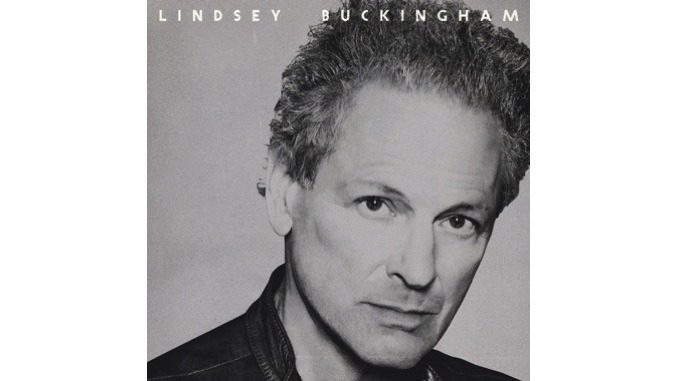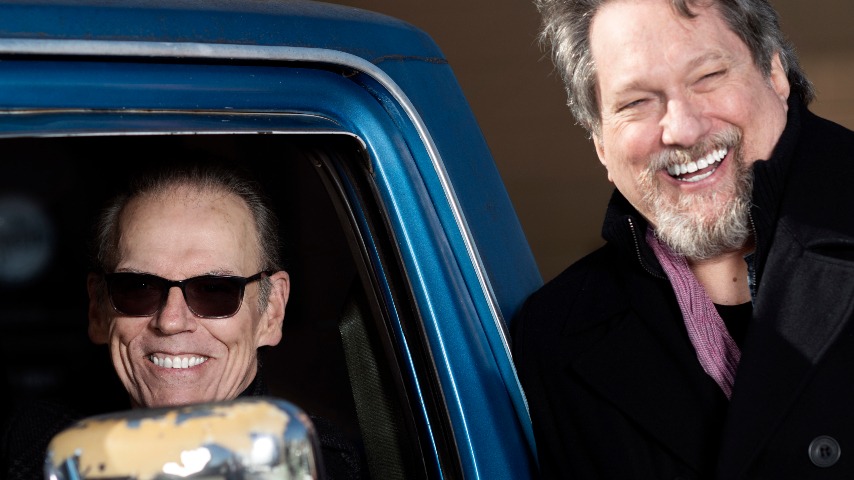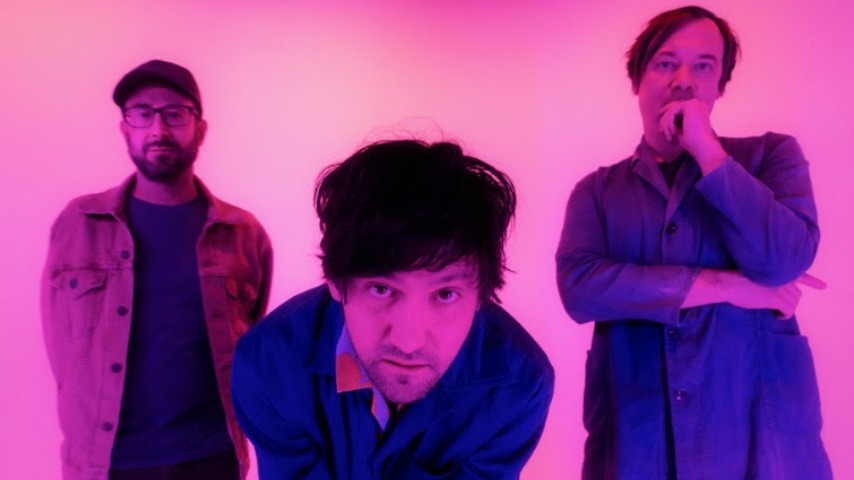It can be tough to sympathize with Lindsey Buckingham. The ex-Fleetwood Mac guitarist hasn’t released much since his solid 2017 collaboration with Mac keyboardist Christine McVie, simply titled Lindsey Buckingham/Christine McVie, but he’s kept busy in the meantime. Along with delivering a soaring guitar solo on The Killers’ “Caution,” Buckingham has had a heart attack, damaged his vocal cords, gotten divorced and was fired from Fleetwood Mac, all since 2018. Now that he’s gearing up to release his solo first album in 10 years, he’s picked a public fight with Fleetwood Mac vocalist Stevie Nicks for kicking him out of the band, another dose of the drama and stubbornness that he’s always engaged with. The last few years have painted a picture of Buckingham as someone who doesn’t have much in the way of good luck or good instincts, but may still have a couple of good songs to share. With Lindsey Buckingham, he keeps on keeping on, making an enjoyable album that can occasionally compete with his best.
On Buckingham’s previous solo venues, from his offputting debut Law and Order to 1992’s underrated Out of the Cradle, he’s stuck with the textures and sounds he’s most comfortable with. From programmed and often chunky drumwork to sterling, clean electric guitars, all of which is often laced with the goofiest synthesizers you could dream of, Buckingham has created a distinct style for his solo material—one that often implies he needs his Fleetwood Mac bandmates to bounce ideas off. Even on Lindsey Buckingham, he’s still working within the confines he first laid out 40 years ago, but this collection shines brighter than most of his previous solo work. Buckingham’s vocals sound clearer and the guitars are now much kinder on the ears, but most importantly, he sounds far more invested in the relationship dynamics that he lays out on album highlight “Santa Rosa” than he ever did on Law and Order’s eccentric and exhausting “Bwana” or “That’s How We Do It in L.A.”
Buckingham’s investment in crafting comfortable-sounding, sometimes emotionally resonant songs here makes his head-scratching production habits more bearable. Take the album’s opener, “Scream,” which uses propulsive power chords to keep things moving, even if it has percussion that sounds like it’s being played with silverware. The song’s lyrics are a bit nonsensical, filled with Buckinghamisms like “Over and over, red, red rover,” or “Down in the valley, hearts dilly-dally,” but he self-corrects with a decently affecting chorus. When he reaches the hook’s final line, Buckingham’s voice jumps up into his upper register. “Nighttime’s the time I love so much / Lost in the language of your touch,” he sings, the most passionate he’s sounded in years.
Throughout the press cycle for Lindsey Buckingham, he’s made clear that this record was made in his home studio without anyone else playing on it. At times, this adds to the album’s tightness and limited scale, but it occasionally begs for more inventive playing. Sure, the nylon acoustic guitars of “Blue Light” and giant electric solos are excellent. With Buckingham, that’s just par for the course, but often the drumming is in need of more personality and the bass work rarely adds much to these songs. The average cut “Blind Love” acts as a perfect example, as it’s a song that has plenty of shining, layered harmonies and touches of auxiliary percussion, but the plodding drumwork feels like a preset GarageBand loop. It’s easy to feel the same way about the Pozo-Seco Singers cover, “Time,” which swaps the original’s doo-wop sentimentality for a far more watery arrangement.
Thankfully, there’s a single song on this album where the percussion absolutely makes the song. With “Swan Song,” Buckingham has programmed an relentlessly pushing, drum- and bass-tinged beat that only adds to the song’s paranoid, strained atmosphere. Using healthy doses of reverb, processed vocals, and harmonies, he turns the chorus of “Swan Song” into a monument for making the most tense Lindsey Buckingham song possible. “Is it right to keep me waiting? / Is it right to make me hold out so long?” he asks, right before we get a superb guitar solo that builds and modulates as if he’s searching for a place to land it.
“Swan Song” very well might be the best song on Lindsey Buckingham, but it’s got some healthy competition from “On the Right Side.” With a bouncy indie-pop groove underneath him, Buckingham seems to display a hint of self-awareness for the first time: “I’m out of pity, I’m out of time, another city, another crime,” he sings, like he’s lamenting the bridges he’s burnt and mistakes he’s made. The chorus is classic Fleetwood Mac, stacked to the heavens with vocals on vocals, but the entire thing feels more melancholic than what Buckingham is used to making. After a final hook, “On the Right Side” ends with another incredible guitar solo that fades out slowly with the rest of the song. It’s a fitting image to pair with this album, Buckingham now a virtuoso standing alone with his guitar playing, having alienated all of his bandmates. All that’s left for him is his instrument.
Ethan Gordon is a writer living in Pittsburgh. His work can be found at No Ripcord, Vice, Mic and others.
Watch a 1975 Fleetwood Mac performance from the Paste archives below.




